Politics
2023: How PDP Won The Battle, While APC Won The War – TonyeBarcanista
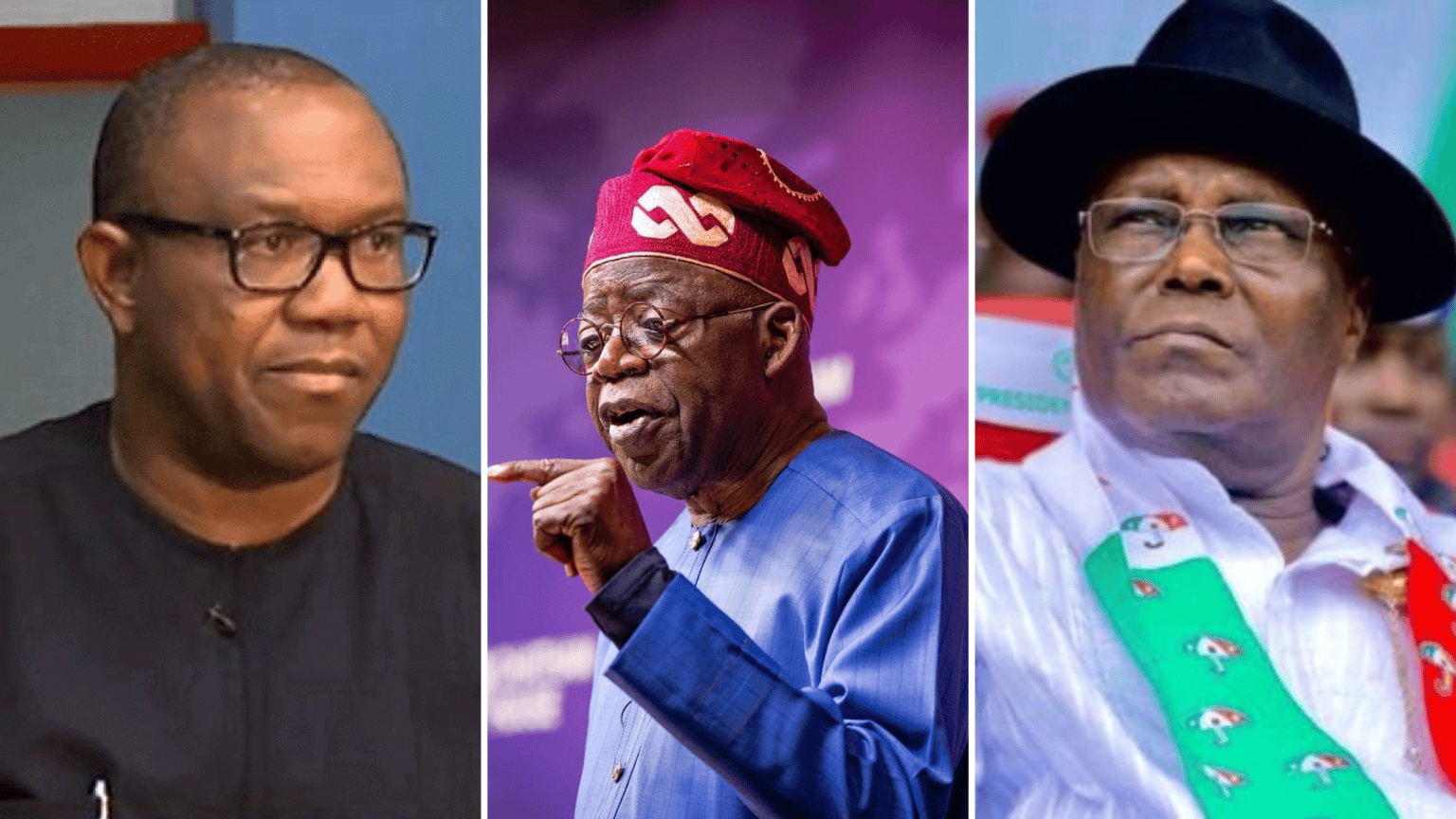
Ten years ago, specifically on 31st August, 2013, senior members of Peoples Democratic Party, which included former vice President Atiku Abubakar, Governors Sule Lamido (Jigawa), Rotimi Amaechi (Rivers), Babangida Aliyu (Niger), Abdulfatah Ahmed (Kwara), Rabiu Kwankwaso (Kano), Murtala Nyako (Adamawa) and Aliyu Wamakko (Sokoto), Senator Abubakar Bukola Saraki, and some other senior leaders opposed to the reelection bid of President Goodluck Jonathan, staged a walk-out of the ongoing Special National Convention of the Party. Their reason was because the PDP leadership disqualified 50 out of 75 aspirants for various offices in the National Working Committee. Majority of those disqualified were loyal to these leaders. The consequence of that crack was that the aggrieved formed a breakaway structure called new PDP (nPDP), which later dissolved into the newly formed mega opposition party, All Progressives Congress (APC), in November same year.
Before the collapse of the nPDP into APC, the Guardian Newspaper on September 5, 2013, published a report titled “Nigeria: walkout could signal the end for ruling party”. Several political watchers, especially loyalists of PDP dismissed the effect of these Party leaders on the chances of PDP in the 2015 presidential election. To them, the PDP cannot be defeated – not when they are incumbent. But the results of the 2015 election cleared every doubt.
After the defeat, PDP members realised the need to bring back these leaders to the fold. They showed solidarity with Atiku Abubakar, Senator Bukola Saraki, Rabiu Kwankwaso, Hon. Yakubu Dogara, Governor Aminu Tambuwal and their supporters, who though were APC Chieftains but were having serious problems in their new party.
Alas, in December 2017, Alhaji Abubakar returned to PDP, while Senator Saraki, who was Senate President, Senator Kwankwaso, Governor Ahmed, Governor Samuel Ortom (Benue), Governor Tambuwal (Sokoto), Speaker Dogara and some other former nPDP members rejoined the Party in July and August 2018. They all got heroic welcome!
To show that PDP was seriously interested in winning the 2019 presidential election, Atiku got the Presidential ticket in a process where the top 3 aspirants (Atiku, Tambuwal and Saraki) were returnees – there was no discrimination! It is on record that the 2019 presidential election was one of PDP’s best outing. The Party maintained its dominance in the Southsouth and Southwest and won Oyo, Bauchi and Adamawa states from the APC in the gubernatorial contests. Zamfara was gifted to the Party, while there was Kano State was “lost” controversially. All PDP needed to do was to consolidate ahead of 2023.
Road To 2023
Between the years 2019 and first half of 2022, PDP was seen as the government in waiting post Buhari due to its formidable structure, cohesiveness and President Buhari poor performance. While APC were having series of internal crisis that led to the ouster of Oshiomhole, PDP remained strong. PDP strength was put in action when a serving Governor of Edo State, Godwin Obaseki, ran to it for shelter after his hopes for reelection was shattered by the National leadership of APC – his then Party. The PDP delivered for him.
Like a spell, the first blow was dealt on PDP in March 2022 when Senator Rabiu Kwankwaso led his Kwankwasiya structure to move away from the party to fringe New Nigeria Peoples Party, NNPP. The reason? The Party refused to allow him, as the leader of PDP in Kano State, nominate the Zonal Vice Chairman of PDP in Northwest – which was zoned to the state. In other words, PDP lost Kwankwaso over an irrelevant position of Northwest Zonal Vice Chairman. Kwankwaso eventually became the Presidential candidate of NNPP.
As if that was not so much a big blow to swallow, Peter Obi, the Party’s 2019 Vice Presidential Candidate and a 2023 presidential aspirant, announced his resignation from the Party citing ‘internal development’ within the Party. He left few days to the conduct of the Party’s presidential primary election, joined the Labour Party and emerged as the Presidential candidate of the Party.
While the Party members were trying to move forward to work on the victory of its Presidential candidate Atiku Abubakar, Governors Nyesom Wike (Rivers), Seyi Makinde (Oyo), Ifeanyi Ugwuanyi (Enugu), Okezie Ikpeazu (Abia), Samuel Ortom (Benue) and their followers withdrew their support for the Party’s Presidential Candidate, Atiku Abubakar. Their condition was for the resignation of Iyorchia Ayu from office as National Chairman based on an agreement he entered in October 2021. Instead of Ayu to quit or find a way to resolve things with the Governors and their supporters, he drew the battle like with them. Perhaps, his office as Party National Chairman was more precious than the victory of the party at the Presidential election – Ayu enjoyed the backing of Atiku Abubakar. The issue lingered on until the Governors in January 2023 aligned with the candidates of the Labour Party and ruling APC, Bola Ahmed Tinubu.
2023 Presidential Election:
At the election proper, the opposition PDP fielded three candidates: Atiku Abubakar, Peter Obi (LP) and Rabiu Kwankwaso (NNPP), while the ruling APC fielded only Bola Tinubu. Additionally, PDP main structure in Oyo and Rivers went to the field for the APC – depleting the Party’s chances even further.
At the end of polling, the unified PDP, comprising depleted PDP, LP and NNPP, scored a whopping 14,582,740 votes 🗳, while the ruling APC trailed by distance with 8,794,726 votes. The score of the PDP would even be wider when you add the votes PDP chapters in Rivers and Oyo contributed to the APC.
Indeed, the opposition PDP won the battle of the votes by a figure that is more than the Party’s performance in 2015 and 2019, but the Party lost the War to the APC candidate due to internal crisis and balkanisation of its House.
If the PDP wants to make a come back to power in 2027, it has to learn from the mistakes of 2013/15 and 2022/23 by maintaining its cohesiveness, while adopting its post 2015 strategy of reuniting aggrieved interests irrespective of their role at the 2023 general election.
TonyeBarcanista writes from Okrika, Rivers State.


 Politics14 hours ago
Politics14 hours ago16 banking transactions exempted from CBN’s new cybersecurity levy

 Top Stories14 hours ago
Top Stories14 hours agoTaiwo Cole Reacts As Family Issues Disclaimer Rejecting His Wife, Wofai Fada
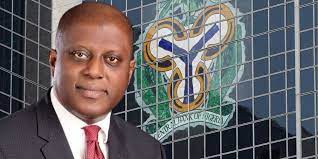
 Top Stories14 hours ago
Top Stories14 hours agoCBN directs banks to charge 0.5% Cybersecurity levy
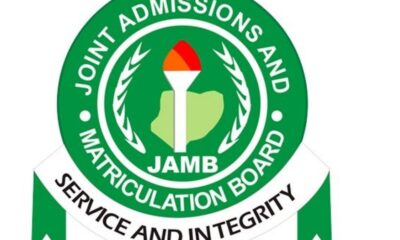
 Top Stories14 hours ago
Top Stories14 hours agoBREAKING: JAMB releases withheld 2024 UTME results
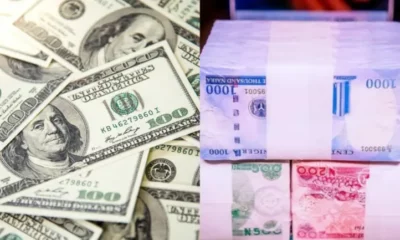
 News14 hours ago
News14 hours agoBlack Market Dollar (USD) To Naira (NGN) Exchange Rate Today 7th May 2024

 Sports14 hours ago
Sports14 hours agoOsimhen Refuses To Celebrate After Scoring Against Maduka Okoye
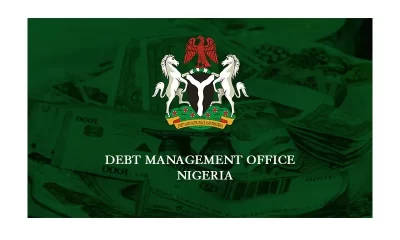
 News9 hours ago
News9 hours agoBreaking: DMO to issue May FGN Savings Bond at 17.4% and 18.4%, highest rates ever

 Entertainment14 hours ago
Entertainment14 hours ago“You forced yourself into my world with your juju, charm and witchcrafty” – Harrysong blows hot…






